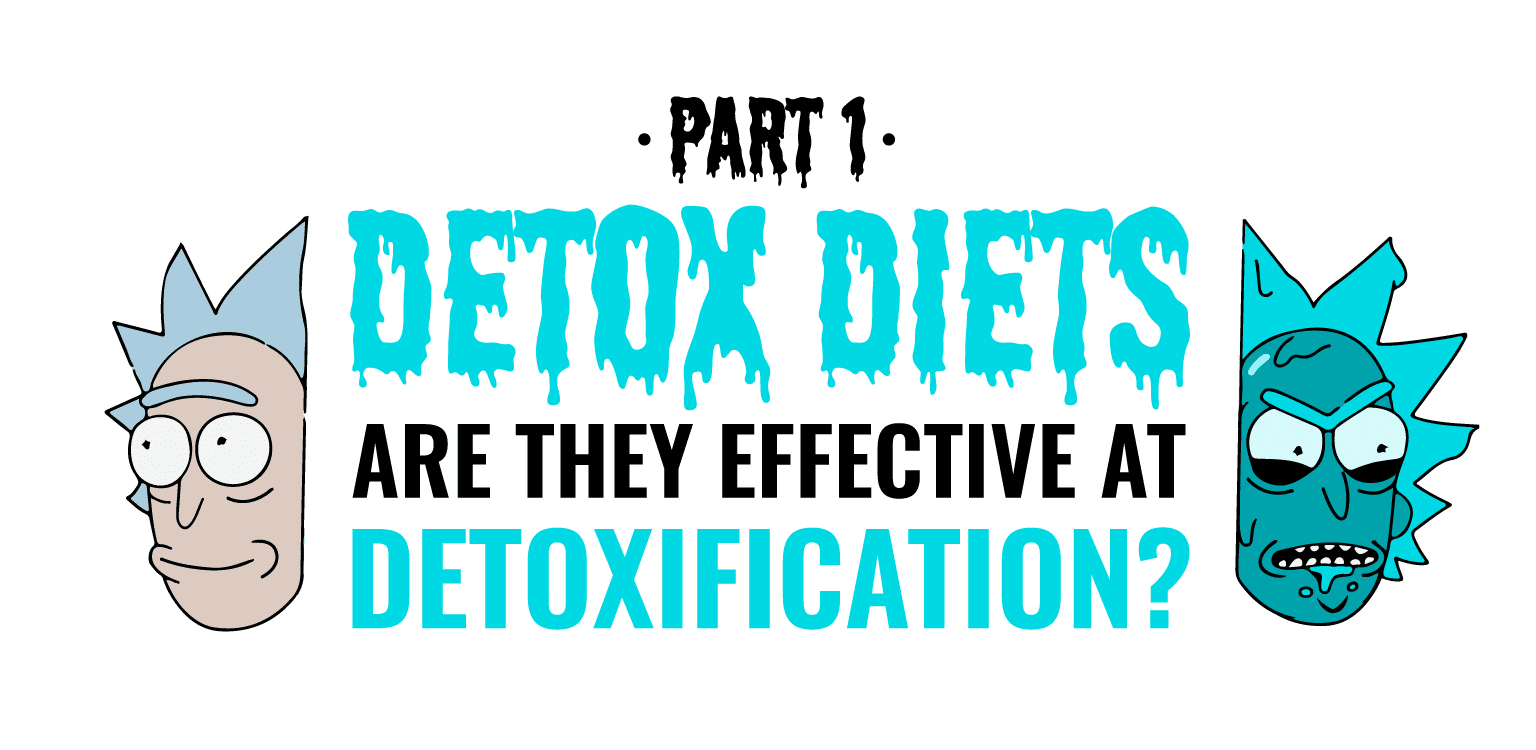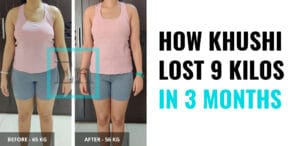Detox diets claim that our bodies accumulate toxins which need to be eliminated from time to time. The removal of toxins from the body is termed as detoxification. People follow them either to get detoxified or lose weight or both.
In this post, I am going to critique the main claim of people who promote detox diets which is that they remove toxins from the body. I will address weight loss in my next blog post.
There are various detox diets which last between a week to a month or more, such as
- Water diet
- Fruit diet
- Boiled vegetable diet
- Cold-pressed juice diet
- The NRC/CAA (please tell me you got the reference)
As you can see, detox diets are so bizarre that if there were a certification for ‘crazy’, then detox diets are the perfect candidates to earn it.
What are Toxins?
Medically speaking, a toxin is a harmful substance that is produced by a living organism such as an animal or a cell. They vary from mildly toxic substances like drugs and alcohol (yes, they are toxins) to extremely toxic substances such as venom from a snake bite.
The dose makes the poison
Even substances that are essential for life, like water or vitamin D can be toxic if consumed in excessive quantities. For example, water intoxication or hyperhydration is a dangerous condition in which your blood becomes very dilute because of drinking too much water.
Therefore, the line between toxic and non-toxic is not clear cut. Even too much of a good thing can be toxic to the human body.
The Human Body’s Innate Detoxification System
The human body is quite efficient at eliminating many toxins on its own. The liver, kidneys, skin, lungs, and digestive system all play a role in detoxification. A major function of the liver is to remove toxins such as alcohol, drugs and medicines.
In general, the human body removes toxins by converting them to a form that can be removed from the body. For example, the first step in removing alcohol from the body is to break it down in the liver. This form is non-toxic and can be carried by the blood to the kidneys to be removed in the urine. Many other mechanisms exist, such as binding the toxin to a molecule in the liver called glutathione.
Doctors vs. Detox Diets
Doctors
The human body has a limited detoxification capacity. You’ll need a doctor to save you if you overdose or consume a lethal toxin. Doctors know how toxins affect the body at different concentrations and how to detoxify you if you are poisoned.
In case you do, the standard procedure is to feed you 25–100 grams of activated charcoal every couple of hours. The charcoal binds the chemicals and thus prevents them from entering your blood. This allows you to poop them out.
Detox Diets
On the other hand, detox diets claim to cleanse the body of toxins without the requirement of a medical professional. From a psychological perspective, this gives you a sense of control over your body.
However, they rarely mention the toxin(s) which will be removed and how they will be removed. That’s like saying, “We are selling a cure, but we don’t know what it cures or how it cures it. But it surely cures something”. With such a great sales pitch, I could even sell plain water as a remedy. Oh, wait, water does detoxify your body of practically everything, for e.g. urea. Also, water is free, just in case you didn’t know.
But I’ll give detox diets another chance – Detox diets often mention that they can remove a class of substances known as persistent organic pollutants.
What are Persistent Organic Pollutants (POPs)?
POPs are industrial chemicals found in flame retardants, pesticides, paints, coolants, and lubricants which accumulate in adipose tissues. POPs like heavy metals can even accumulate in the bones. They enter our bodies through things like plastic packaging, processed food etc. They are found in greater concentrations in animal products such as meat and dairy (this simply adds to the multiple non-nutritional hazards of animal products).
However, POPs are not a concern for everyone. In many people, they are found in such small quantities that they hardly make a difference.
POPs stay in the body for a long time
For example, the half-life of the pesticide DDT is 8 years. Mercury has a half-life of approximately 57 days whereas lead has a half-life of 30 years! The fact that they can stay for so long makes it clear that the body can’t remove them on its own and needs some help. But, will following a detox diet make a difference?
Research on Detoxification
I mentioned earlier that detox diets rarely mention the toxins which it removes. Even if they narrow it down to POPs, it’s still very vague. This makes it difficult to test them empirically in a study. Think about it, if you don’t know what toxin to look for, how are you going to measure it?
This is probably why virtually no evidence exists on their efficacy. So, if there’s no scientific evidence to support their claims, how do the people selling detox diets know that they ‘really work’?
Detoxification and Nutrient Deficiencies
Detox diets are low on protein, create unbearably large calorie deficits and restrict you to a very small range of foods and thus deplete you of crucial micronutrients. All of which are required to support your body’s natural detoxification capacity.
Therefore, while a detox diet will not detoxify you, it can mess up your body’s innate detoxification systems. The best decision would be to follow a lifestyle that maintains your body’s natural detoxification capacity. This will ensure that at least the toxins which can be removed are removed.
Are Detox Diets Effective at Detoxification?
Detox diets are as effective at detoxifying you as dipping yourself in the river Ganges is at washing away all your sins. The only toxin you need to get rid of is the belief that you need a detox diet to be healthy. Focus on the basics of living healthy instead such as eating plenty of fruits and vegetables, consuming adequate protein, getting 8 hours of sleep and exercising frequently.
Hold up! What about weight loss?
The only real change after following a detox diet is weight loss. You might say that this is proof of your body getting detoxified or that detox diets are at least good for weight loss. Find out more in Detox Diets – Part 2 next week!





One Response
Comments are closed.